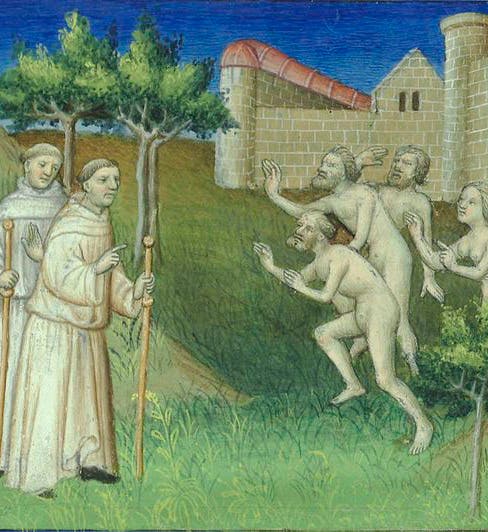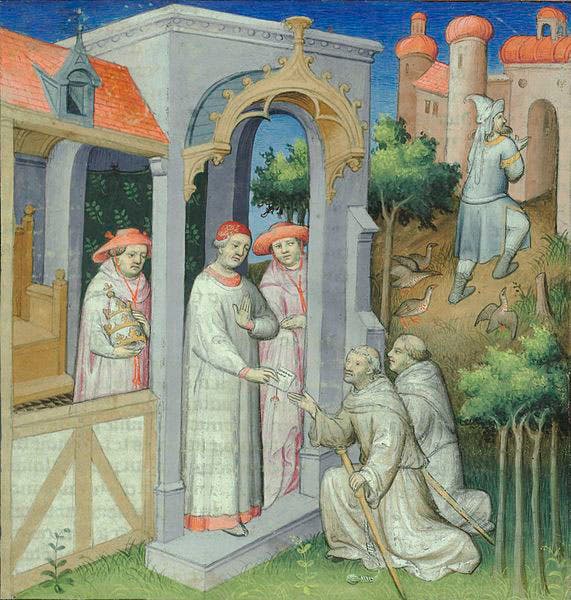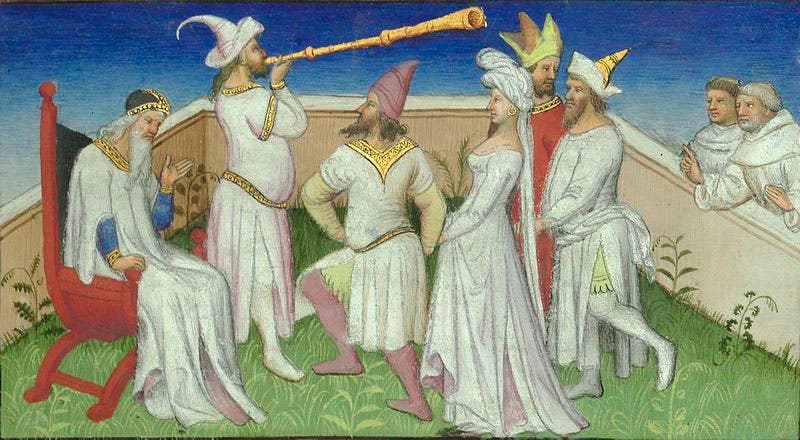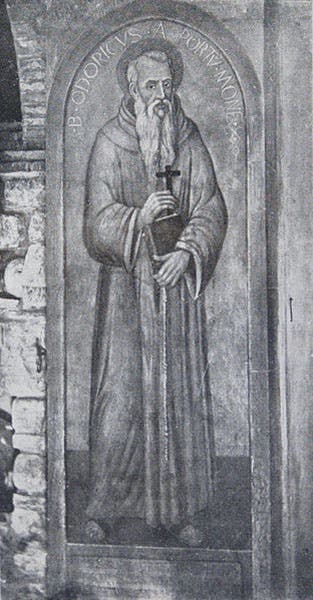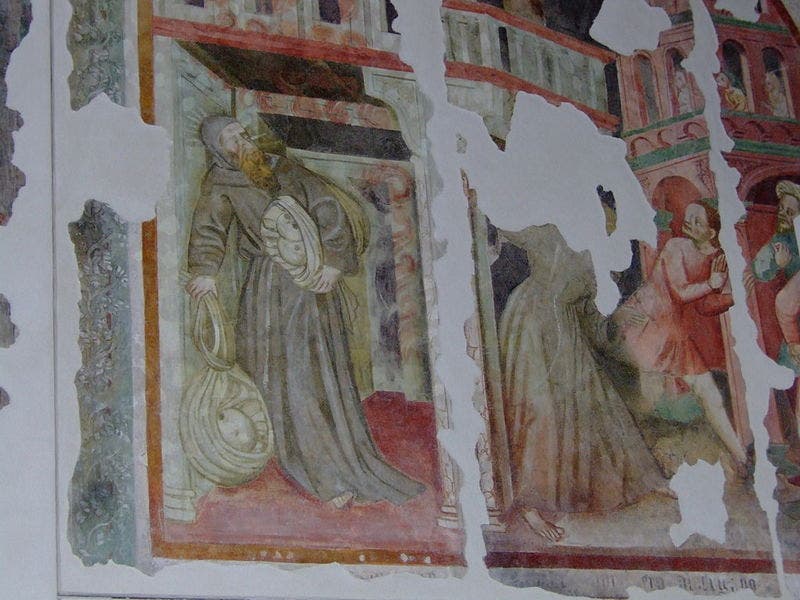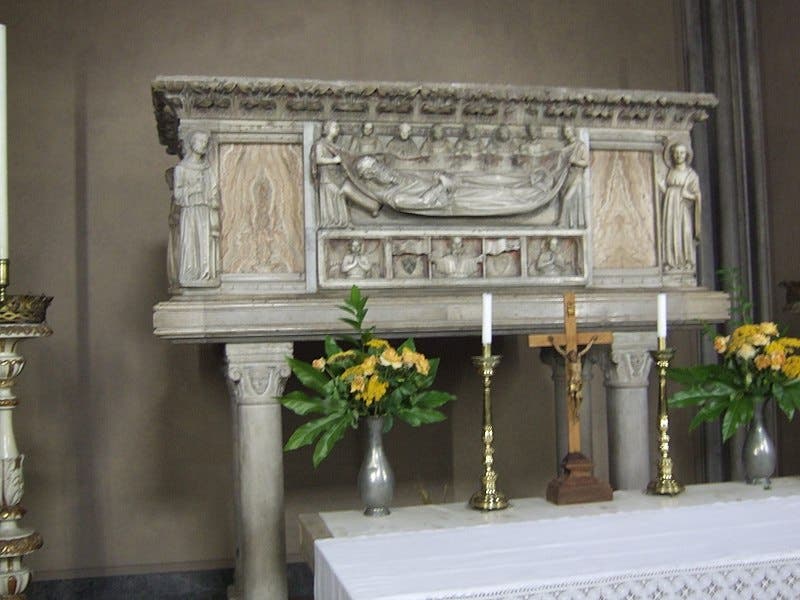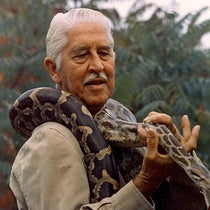Scientist of the Day - Odorico da Pordenone
Odorico da Pordenone, a medieval friar and traveler, died Jan. 14, 1331; his date of birth is unknown. Nearly everyone has heard of Marco Polo, and many know of the spurious John Mandeville, but Odorico, one of the greatest travelers of them all, is not exactly household material. Odorico came from Pordenone, a town in Friuli, the Italian region north and east of Venice. He joined the Franciscan order in 1300, and sometime around 1316-18, he set off for the Far East, in the distant footsteps of Marco Polo, who had embarked on this same journey 45 years earlier. The difference was that Odorico was a missionary, and Marco Polo was a merchant.
Odoroico made it to India (where he retrieved the bones of 4 Franciscan martyrs), then to Sumatra, and ultimately to what he called "Upper India," which was in fact China. He spent some years at the court of the Great Khan in what is now Beijing, and returned to Italy in 1330, at the request of the Khan, to fetch more Franciscans.
This was fortunate for posterity, because Odorico took the opportunity to dictate a travel narrative, just like Marco Polo had done 30 years before, and then, feeling death upon him, he returned to Udine in Friuli to die. The local population took an immediate shine to their world-traveling monk, and, collecting miracles and relics like packrats, they demanded from his reluctant order an elaborate funeral and immediate beatification. The beatification took some time (400 years), but Odorico’s Travels took off like a shot. There are over 100 surviving manuscripts, an amazing number for this kind of document.
Odorico's narrative differs from Marco Polo's in that Odorico liked to describe the people and the culture of the places he visited. Marco Polo offered little of that, preferring geography to the social sciences. Odorico described the pepper harvest on the Malabar Coast of India, and the appearance of the natives of Sumatra, and the Chinese custom of binding the feet of newborn girls. He gave a detailed description of the Chinese practice of using cormorants to catch fish, restricting the birds from swallowing their catch by fitting them with tight collars. No other European (including Marco Polo) mentioned any of this (which, by the way, is also evidence that Odorico really went to China, because there was no other account from which he could have copied that information). So rich was Odorico's narrative that when Jean de Lang of Flanders cobbled together The Travels of John Mandeville around 1355 (without leaving home), he took most of his information about China and India from Odorico, and not from Marco Polo.
One of the treasures of the Bibliotheque Nationale in Paris is an illuminated manuscript called Le Livre des merveilles. It was compiled around 1410, and it includes the texts of a number of travelers, including Marco Polo, John Mandeville, and Odorico. Since it has some 265 hand-painted miniatures, it is not surprising that some of them depict scenes described by Odorico. One shows Odorico visiting Sumatra (first image), another depicts him receiving the blessing of Pope John XXII (second image), and a third depicts Odorico and a travelling companion being received by a sultan in Persia (third image). Odorico is presumably one of the two friars at the right, but the royal figure in the chair at left is a dead-ringer for Odorico when he was older, as we see by comparison to the only surviving portrait relief in Udine (fourth image).
The only other visual reminders of Odoric are some battered frescos in the Church of Saint Francis in Udine; one scene shows Odorico saving the bones of the Franciscan martyrs in India (fifth image). We also have his sarcophagus in the Church of the Carmine in Udine (sixth image). And, of course, we have his Travels, still in print, which constitute his real memorial.
Dr. William B. Ashworth, Jr., Consultant for the History of Science, Linda Hall Library and Associate Professor, Department of History, University of Missouri-Kansas City. Comments or corrections are welcome; please direct to ashworthw@umkc.edu.

